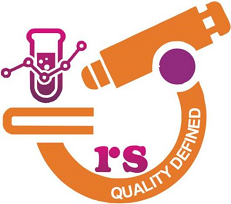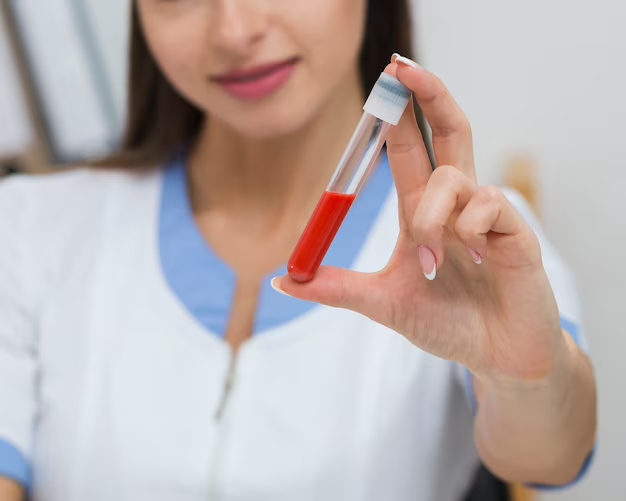Phone : +918147282686
Book Vitamin test at your home call 8147282686

Vitamin B12 is a nutrient that helps keep your body’s blood and nerve cells healthy and helps make DNA, the genetic material in all of your cells. Vitamin B12 also helps prevent megaloblastic anemia, a blood condition that makes people tired and weak.
Vitamin B12 is found in a wide variety of animal foods. Plant foods have no vitamin B12 unless they are fortified. You can get recommended amounts of vitamin B12 by eating a variety of foods including the following:
- Fish, meat, poultry, eggs, milk, and other dairy products contain vitamin B12.
- Clams, oysters, and beef liver are some of the best sources of vitamin B12.
- Some breakfast cereals, nutritional yeasts, and other food products are fortified with vitamin B12.
-
Vitamin B12 is available in multivitamin/mineral supplements, in B-complex supplements, and in supplements containing only vitamin B12. It is usually in a form called cyanocobalamin. Other common forms are adenosylcobalamin, methylcobalamin, and hydroxycobalamin. Vitamin B12 is also available in a form that’s dissolved under your tongue (called sublingual vitamin B12). Research has not shown that any form of supplemental vitamin B12 is better than the others.
The amount of vitamin B12 in supplements varies widely. Some provide doses of vitamin B12 that are much higher than recommended amounts, such as 500 mcg or 1,000 mcg, but your body absorbs only a small percentage of it. These doses are considered safe. Check the Supplement Facts label to see how much vitamin B12 a supplement contains.
A prescription form of vitamin B12 can be given as a shot. This is usually used to treat vitamin B12 deficiency. Vitamin B12 is also available by prescription as a nasal gel that’s sprayed into the nose.
Tag
lab near melab near yelahankathyrocare labblood test near meEnquiry
Get in touch
R S DIAGNOSTIC CENTRE.All Rights Reserved © 2025








